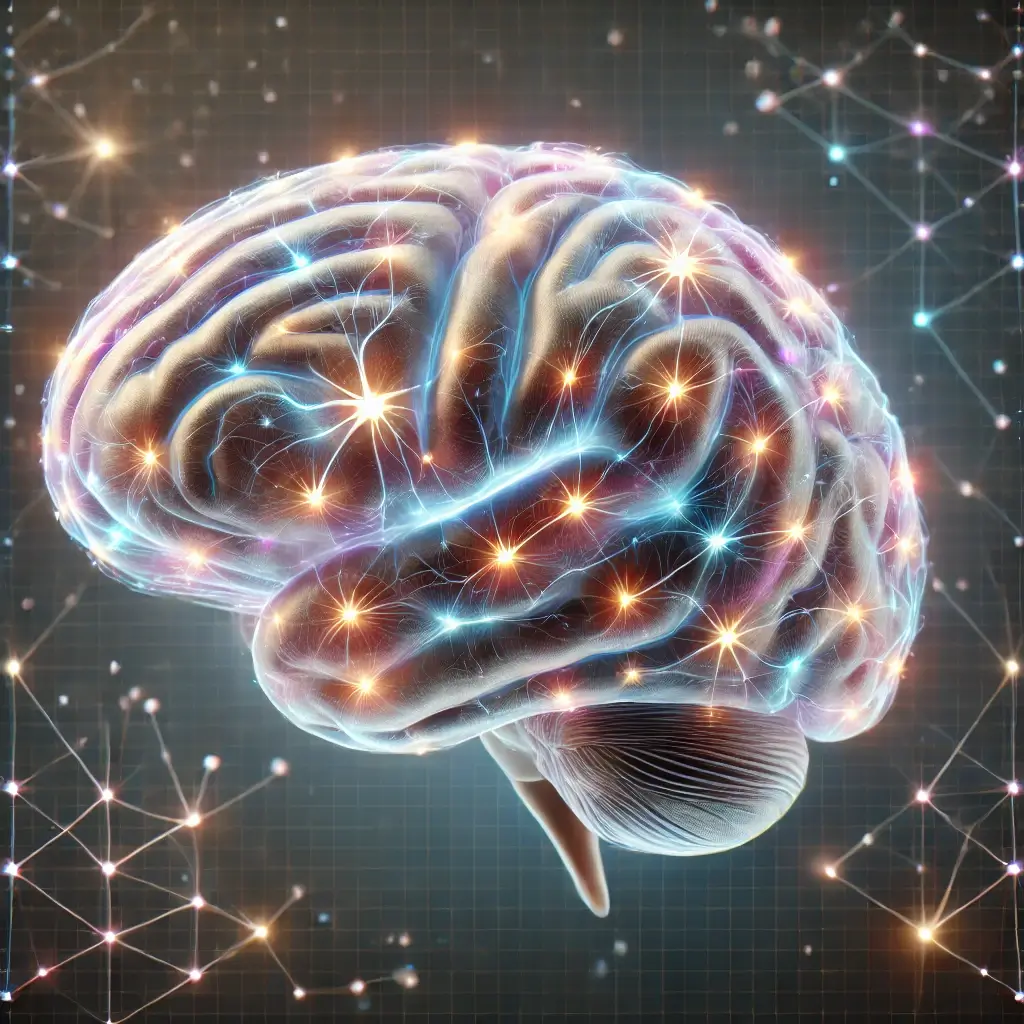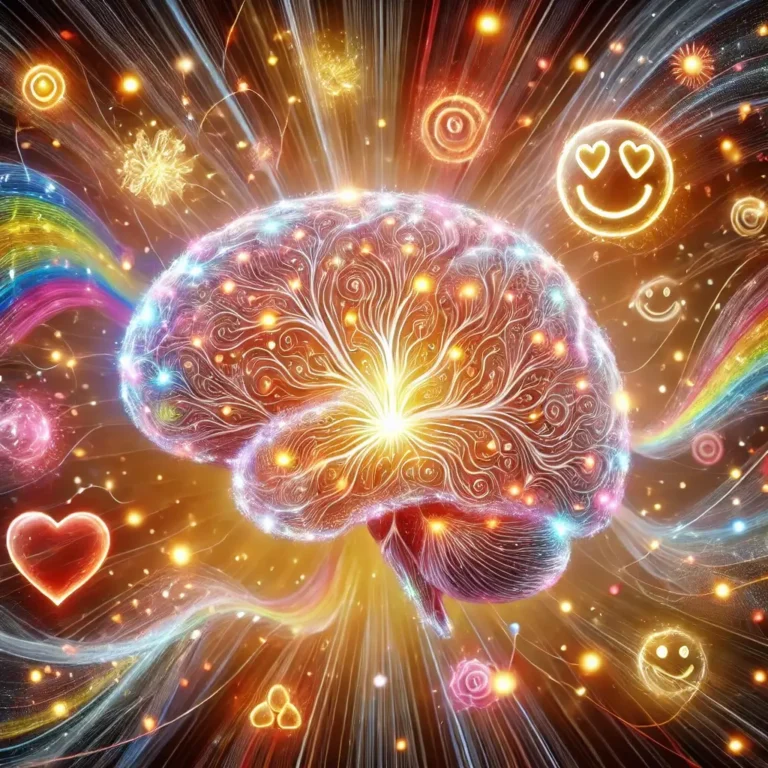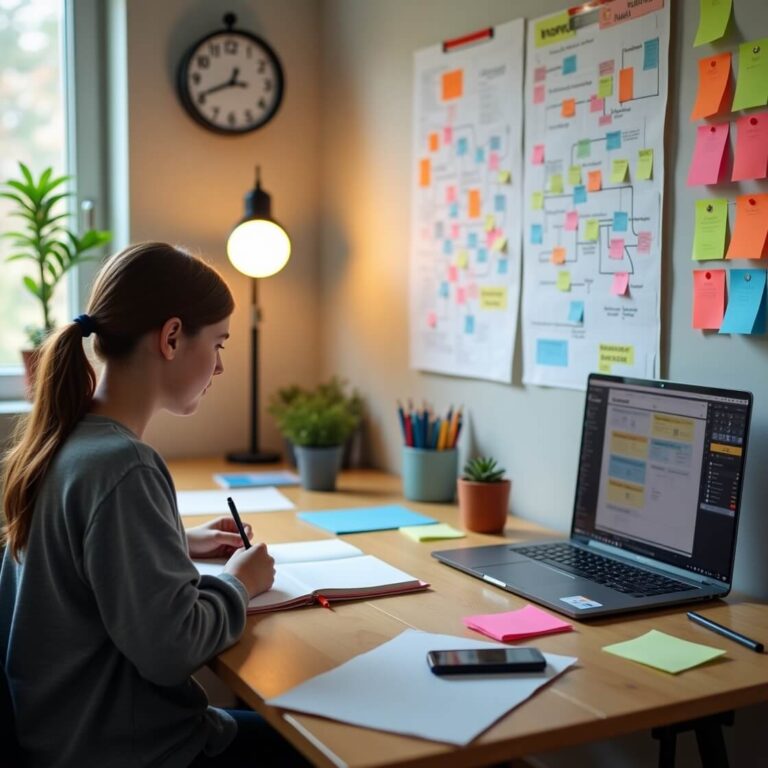🧠 How Does the Human Brain Store Memories?
Memory Formation, Retention, and Neuroscience
✅ Introduction: The Marvel of Human Memory
The human brain is a remarkable organ, capable of storing and recalling vast amounts of information. Memory defines our identity, shapes our experiences, and influences our decisions. But how does the brain store, retain, and retrieve memories? This article will take a deep dive into the science of memory, covering its formation, types, processes, and the latest neuroscience behind it.
🧬 1. What Is Memory?
Memory is the brain’s ability to encode, store, and retrieve information. It allows us to learn from past experiences and apply that knowledge in the future.
🛠️ The Memory Process:
Memory formation occurs in three stages:
- Encoding: The process of converting sensory input into a form that the brain can store.
- Storage: The retention of information over time.
- Retrieval: Accessing stored information when needed.
🔥 2. Types of Memory in the Brain
1. Sensory Memory
- Definition: A fleeting storage of sensory information.
- Duration: Lasts for milliseconds to a few seconds.
- Types:
- Iconic memory: Visual sensory information.
- Echoic memory: Auditory sensory information.
- Example: Briefly remembering a phone number after glancing at it.
2. Short-Term Memory (STM)
- Definition: Temporary memory that holds information for a short period.
- Duration: 15 to 30 seconds (without rehearsal).
- Capacity: Around 7 ± 2 items (as per Miller’s law).
- Example: Remembering a small list of groceries before writing them down.
3. Working Memory
- Definition: A sub-type of short-term memory involved in active processing of information.
- Role: Used for reasoning and decision-making.
- Example: Performing mental arithmetic or following directions.
4. Long-Term Memory (LTM)
- Definition: The permanent repository of stored information.
- Duration: Ranges from days to a lifetime.
- Capacity: Virtually unlimited.
- Types:
- Explicit (Declarative) Memory: Facts and events.
- Episodic memory: Personal experiences (e.g., birthday parties).
- Semantic memory: Facts and general knowledge (e.g., the capital of France).
- Implicit (Non-Declarative) Memory: Unconscious memory.
- Procedural memory: Skills and tasks (e.g., riding a bicycle).
- Priming and conditioning: Associations triggered unconsciously.
- Explicit (Declarative) Memory: Facts and events.

⚙️ 3. How Does the Brain Form Memories?
🧠 Key Brain Structures Involved in Memory Formation:
- Hippocampus:
- Located in the temporal lobe, it plays a crucial role in forming new memories.
- Damage to the hippocampus can cause anterograde amnesia (inability to form new memories).
- Amygdala:
- Associated with emotional memories.
- Strong emotions (fear, joy) boost memory retention.
- Prefrontal Cortex:
- Responsible for working memory and decision-making.
- Plays a role in recalling past memories.
- Cerebellum:
- Involved in motor memory and procedural skills.
- Helps in unconscious coordination of movements.
🔬 The Memory Formation Process:
- Encoding:
- When you experience something, your brain processes the sensory input into neural signals.
- The hippocampus plays a vital role in converting short-term memory to long-term memory.
- Consolidation:
- During sleep, memories are stabilized and strengthened.
- This is why deep sleep is crucial for memory retention.
- Retrieval:
- The brain accesses stored information when needed.
- This involves neural networks and synaptic connections.
🔥 4. The Neuroscience Behind Memory
🧠 Synaptic Plasticity and Memory:
- Neurons communicate through synapses, releasing neurotransmitters like glutamate and dopamine.
- During learning, synapses become stronger and more efficient in transmitting signals.
- This is called long-term potentiation (LTP) – a key mechanism in memory storage.
🧬 Role of Neurotransmitters:
- Acetylcholine: Improves memory and learning.
- Glutamate: Strengthens synaptic connections.
- Dopamine: Involved in reward-based learning.
- Norepinephrine: Enhances emotional memory.
🌀 Neural Networks and Memory Retrieval:
- When you recall a memory, the same neural pathways activated during its formation are reactivated.
- The stronger the connection, the easier it is to retrieve the memory.
🔥 5. Factors That Influence Memory Retention
✅ Positive Factors:
- Repetition and practice: Strengthens neural pathways.
- Sleep: Helps consolidate memories.
- Healthy diet and exercise: Boosts brain function.
- Emotional significance: Emotional memories are stronger.
🚫 Negative Factors:
- Stress: Releases cortisol, which can impair memory retrieval.
- Sleep deprivation: Reduces memory consolidation.
- Aging: Natural decline in memory-related brain functions.
- Diseases: Alzheimer’s and dementia affect memory retention.
🌟 6. Memory Disorders and Impairments
🧠 Alzheimer’s Disease:
- Progressive memory loss due to plaques and tangles in the brain.
- Affects short-term memory first, then long-term memory.
🌀 Amnesia:
- Retrograde amnesia: Loss of past memories.
- Anterograde amnesia: Inability to form new memories.
🔥 PTSD (Post-Traumatic Stress Disorder):
- Overactive amygdala causes flashbacks of traumatic memories.
- Emotional memories are strongly imprinted.
🚀 7. Tips to Improve Memory Naturally
✅ Healthy Lifestyle Tips:
- Exercise regularly: Improves blood flow to the brain.
- Eat brain-boosting foods: Walnuts, fish, and berries enhance memory.
- Stay hydrated: Dehydration affects cognitive function.
- Get enough sleep: 7-8 hours daily improves memory retention.
🧠 Memory-Boosting Techniques:
- Mnemonics: Using patterns or associations.
- Chunking: Breaking information into smaller groups.
- Visualization: Associating images with information.
- Mindfulness and meditation: Enhances focus and memory.
✅ 8. The Future of Memory Research
- Memory enhancement drugs: Research on nootropics to boost memory.
- Brain-computer interfaces (BCIs): Storing and retrieving memories digitally.
- AI-powered memory models: Mimicking human memory functions.
🌟 Conclusion: The Wonders of Human Memory
The human brain’s ability to store and retrieve memories is a complex yet fascinating process. From synaptic connections to emotional imprints, memory shapes who we are. Understanding how the brain processes memories can help us enhance our cognitive skills and combat memory-related disorders.
✅ To keep your brain sharp:
- Stay mentally active 🧠
- Follow a healthy lifestyle 🌿
- Practice memory-enhancing techniques ✨
💡 Share this article to help others understand the science of memory! 💬





